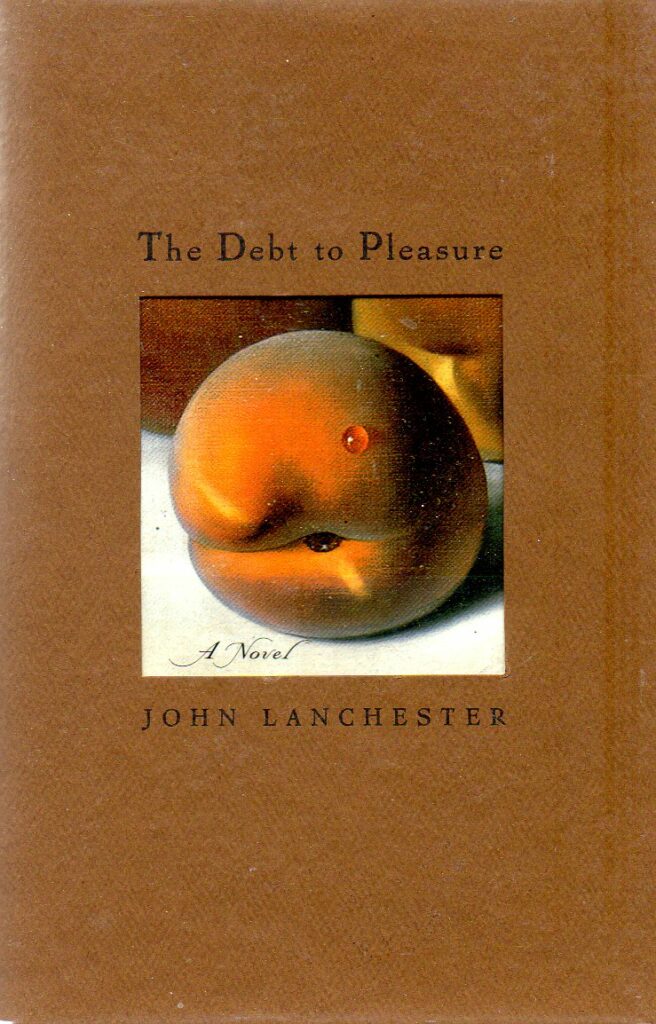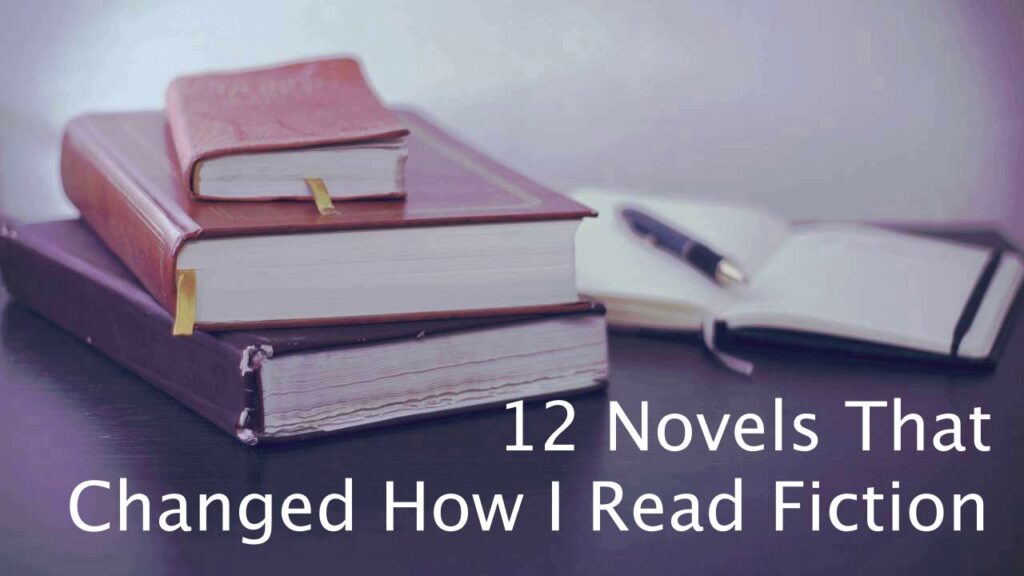Related Posts:
- Introduction & #1 All the King’s Men
- #2 A Portrait of the Artist as a Young Man & #3 The Murder of Roger Ackroyd
- #4 The Church of Dead Girls by Stephen Dobyns
Thanks to these two bloggers for sponsoring the annual Blog Discussion Challenge:
- Nicole at Feed your Fiction Addiction
- Shannon at It Starts at Midnight


#5 The Debt to Pleasure by John Lanchester
© 1996
Date read: 7/12/1998
I don’t recall ever feeling the need to like fictional characters, yet this topic recurs periodically when readers condemn a book they’ve just finished because “I didn’t like any of the characters.” But if I ever did feel such a need, this novel demonstrated for me him unimportant the desire for likeable characters truly is.
Yes, the first lesson I learned from reading this novel is that I don’t need to like characters, but I do need to understand them. Lanchester is a master at delivering telling details to indicate that everything may not be as it seems.
And the second lesson that this novel taught me is the prudence of reading slowly and carefully. Those telling details that Lanchester so skillfully delivers often appear as short yet sharp flashes that contradict other portions of the narrative. It’s important to recognize how these details undermine earlier expectations and thereby create new meaning within the context of both characterization and plot development.
Third, this novel made me appreciate how readers must learn to tolerate ambiguity during the telling of the story. As the writer includes more details, some of those details may contravene other details; readers must hold all possibilities in mind while waiting for additional details to confirm which one is at work. With such ambiguity, the writer builds character, and also creates tension and suspense.
Finally, The Debt to Pleasure helped me learn to recognize and appreciate the skill of a good writer who can create such a complex reality out of nothing but words brilliantly combined.
© 2024 by Mary Daniels Brown


The likability of characters is often a discussion at book club. I think to myself that I don’t care for books where none of the characters are likeable but often that is not totally true. I agree with you, if I can understand the character’s motivation then I can deal with them. Olive Kitteridge is a example of an unlikable character whom one comes to really appreciate.
Olive Kitteridge is exactly who I keep in mind when I think about this topic.